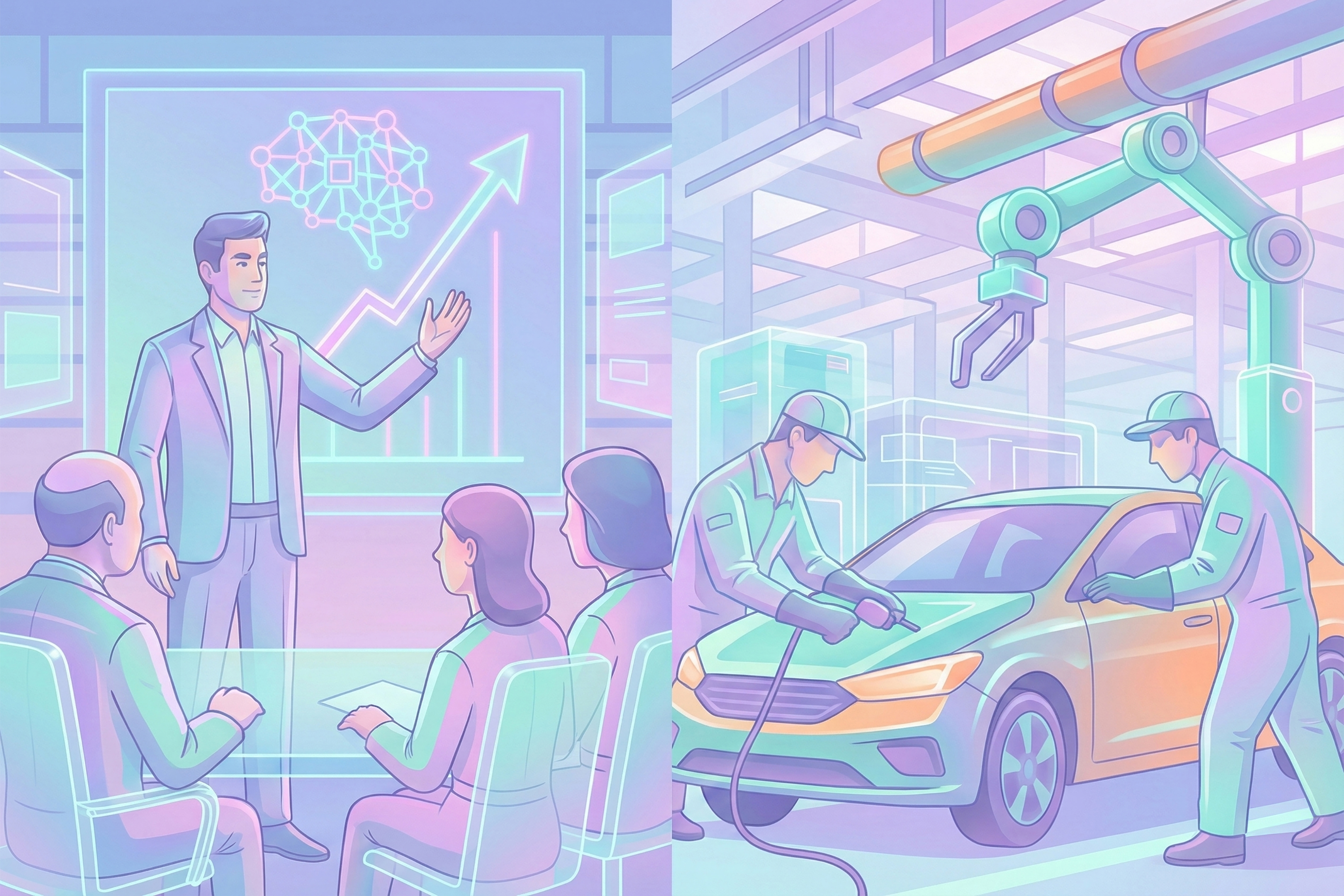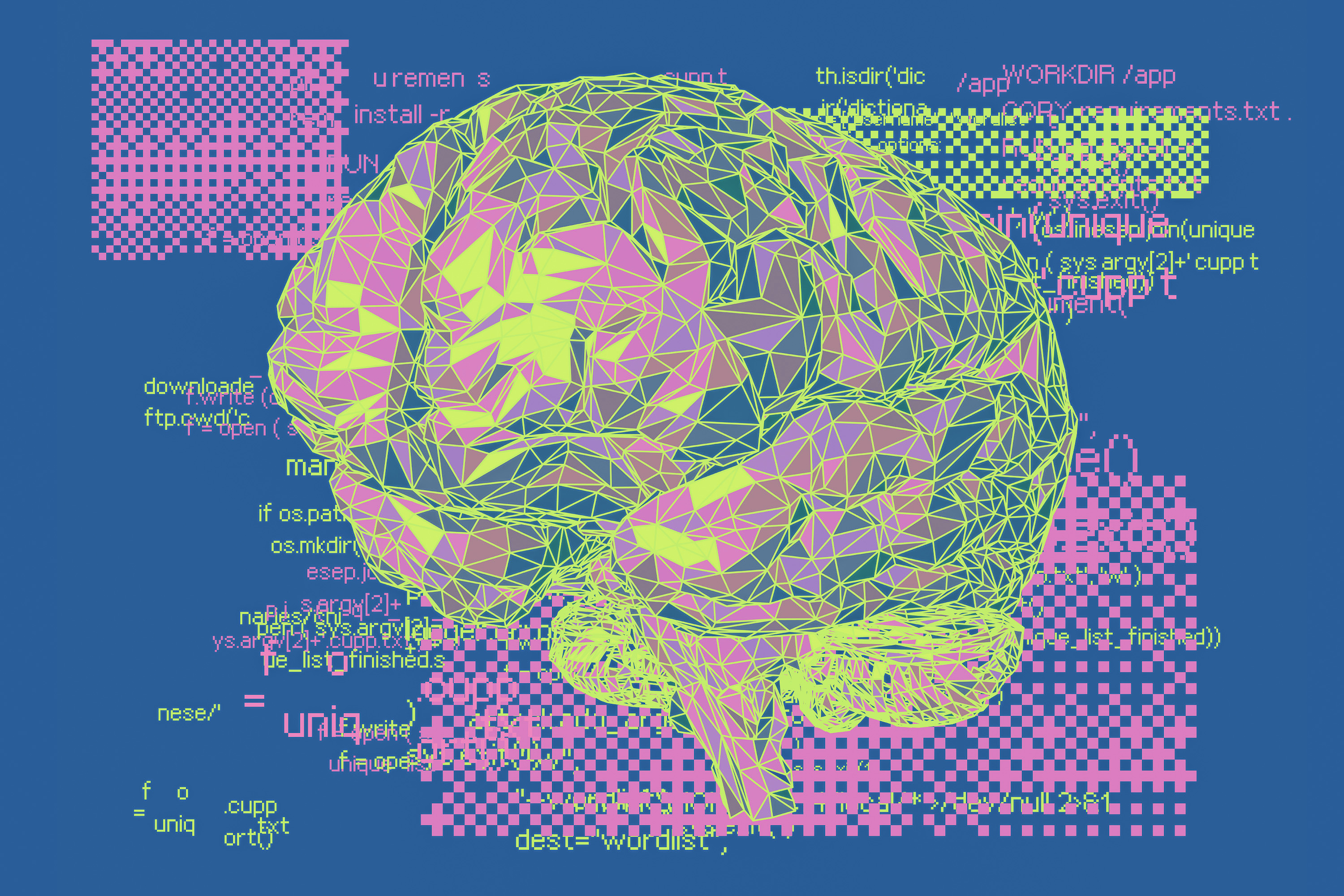
Lifestyle politics refers to the politicization of everyday life choices and is closely tied to our self-actualization in late modernity. This form of political participation has become a strong political weapon in these times of complexity, uncertainty and pressing global issues. In late modernity, various new forms of extra-parliamentary politics are arising to mitigate the (perceived) weakening of state-oriented politics. On the one hand, lifestyle politics fit the ideal of subsidiarity in our planetary age. To battle planetary challenges such as rising sea levels and pandemics effectively, we have to delegate governance to the lowest level possible. The individual becomes the first “governing institution” of the globalized world. At the same time, if everyday life choices become so central to politics, this dependence on lifestyle could further alleviate the polarization and fragmentation of societies within nation-states. Furthermore, contrary to the expectations of some advocates of lifestyle politics, the pandemic has made us realize that state-oriented politics is anything but obsolete. The inward orientation of lifestyle politics combined with strong nation-states might lead to what the philosopher Tocqueville calls “soft despotism”, meaning that the will and freedom of man are “not shattered but softened, bent and guided”. Individuals are not oppressed, but are subject to the tutelary power of expanding national bureaucratic states and institutions.

